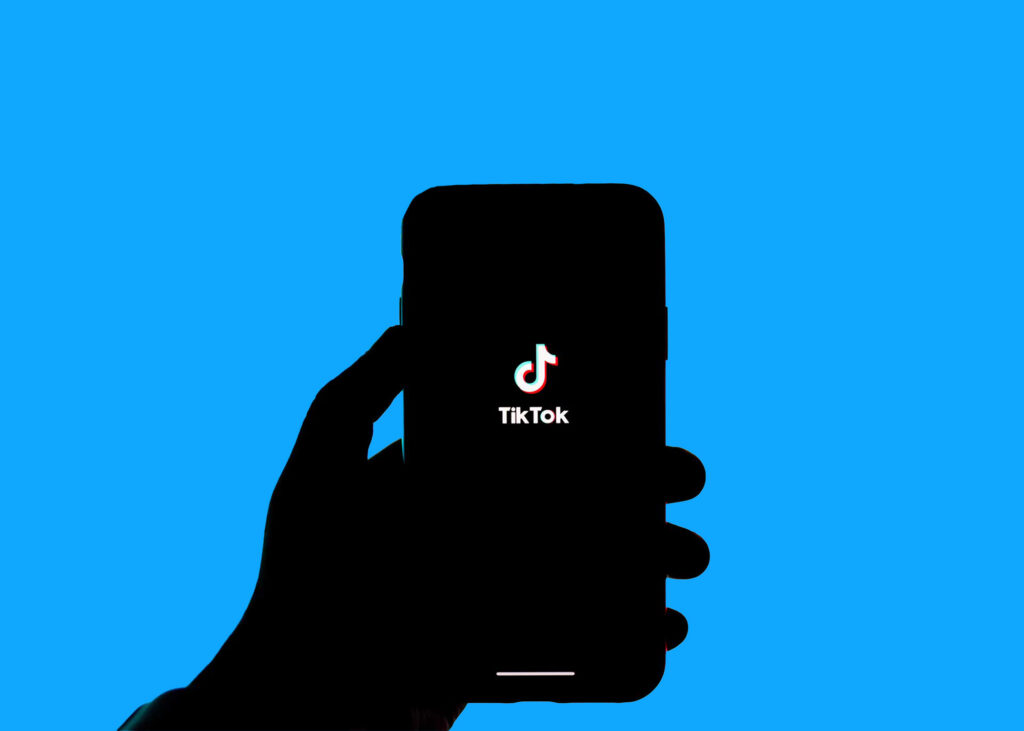
When we hear “TikTok” we instinctively think of the addictive videos that fill our screens with dance moves, comedy skits, DIY hacks and a whole lot of pop culture. However, in a relatively short time, the platform has transformed into a versatile tool, especially within the Gen Z demographic.
Users no longer seek solely entertainment, but also turn to TikTok as a contemporary search engine that provides valuable insights, inspiration and even life guidance.
What are the best restaurants in town? What are the latest fashion trends? What are the best places to shop? Whatever the question is, TikTok probably has an answer.
Jaylon Liggins, a fourth-year physical education student at Florida A&M, says he utilizes the app to expand his custom apparel business, To Spodey Apparel. “I use it to post my products and get inspiration from other creatives. My algorithm is based around clothes and fashion, so I’m constantly learning something new,” he said.
For more than two decades, Google has reigned as the go-to search engine. Of course Google still holds its popularity, but it appears that TikTok has become an unforeseen competitor.
At the Brainstorm Tech Conference in the summer of 2022, Google’s senior vice president, Prabhakar Raghavan, revealed an interesting trend. He noted that “something like almost 40 percent of young people, when they’re looking for a place for lunch, they don’t go to Google Maps or Search. They go to TikTok or Instagram.”
Liggins, favoring Google and YouTube, finds their longer, more in-depth tutorials better suited to his interests. In contrast, some lean toward TikTok’s concise videos. For instance, Morenike White, a fourth-year criminology student at Florida State, frequently seeks assistance from the app.
“I do prefer it over Google sometimes, just because you get a video explanation on what you’re trying to learn,” White said. “Sometimes it goes more in depth than a Google search and you get to see real people.”
So, why does TikTok have everyone under its spell?
The secret behind TikTok’s evolution into one of the most popular apps in the world can be attributed to its impressive algorithm, which customizes each user’s feed based on the videos they typically engage with. The distinctive combination of personalization, user-friendliness and real individuals delivering information puts the app in a league of its own.
“It’s quick, easy and accessible. Of course I enjoy scrolling on my For You Page, but I also use TikTok for study tips. It may seem like a silly platform, but it’s helped me a lot with my academic journey,” said Amanda Jean-Louis, a fourth year bio pre-med major at FAMU.
Although numerous students consider TikTok a valuable resource, this hasn’t stopped Florida universities, including FAMU, from implementing a ban on the app’s use on campus.
According to the State University System’s Florida Board of Governors, the app was banned “due to the continued and increasing landscape of cyber threats.” However, students are questioning the validity of these concerns.
“I think that it’s really a poor structure and poor idea behind it,” public relations student Tinisha Jones said in reference to the ban. “Just because you ban it from the Wi-Fi of the university doesn’t mean students aren’t going to tune in.”
Although the app cannot be used on university-owned devices or when connected to FAMU Wi-Fi, students can still access it on personal devices using cellular data.
It is undeniable that TikTok is now a big part of the online world. Despite resistance from the Florida Department of Education, it remains a prevalent resource on and off campus. This shift reflects a new era in how we engage with social media.